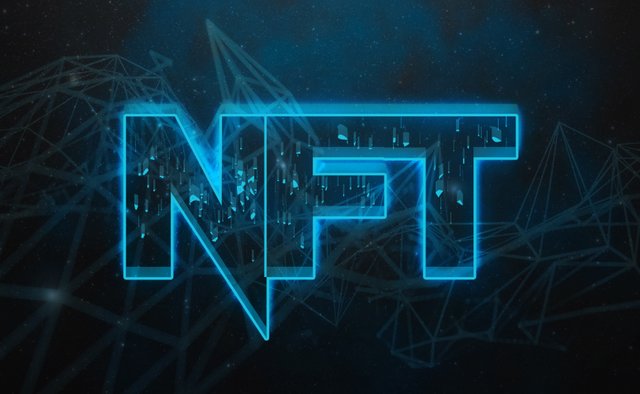
Introduction
In recent years, the world of digital art and collectibles has witnessed a remarkable transformation with the advent of Non-Fungible Tokens (NFTs). These unique digital assets, authenticated and stored on the blockchain, have captured the attention of artists, investors, and enthusiasts alike. As the popularity of NFTs continues to surge, the role of NFT marketplaces in facilitating the buying, selling, and trading of these digital treasures becomes increasingly vital. In this article, we will delve into the powerhouses of the NFT universe—the NFT marketplaces—and explore their pivotal role in the ongoing digital revolution.
Understanding NFT Marketplaces
NFT marketplaces serve as the primary platforms where artists and creators can showcase and sell their digital assets to a global audience. These online marketplaces provide a secure and transparent environment for buyers and sellers to engage in NFT transactions. Some of the prominent NFT marketplaces include OpenSea, Rarible, Jump.trade, SuperRare, and NBA Top Shot.
The Rise of NFT Marketplaces
The rise of NFT marketplaces can be attributed to several factors. Firstly, the blockchain technology underlying NFTs ensures authenticity, scarcity, and provenance, which are highly valued in the digital art and collectibles market. Additionally, NFT marketplaces provide a decentralized and borderless platform, enabling artists from all corners of the world to reach a global audience without intermediaries or geographical limitations.
Empowering Artists and Creators
NFT marketplaces have revolutionized the art world by empowering artists and creators in unprecedented ways. Traditionally, artists had to rely on galleries or agents to showcase and sell their work, often facing limitations and high commission fees. With NFT marketplaces, artists can directly connect with their audience, retain control over their creations, and receive instant payments for their sales. This democratization of the art market has opened up new opportunities for emerging artists and allowed established artists to explore innovative digital mediums.
Unlocking New Revenue Streams
For artists and creators, NFT marketplaces offer a plethora of revenue streams beyond the initial sale of their digital assets. Through the implementation of smart contracts, artists can earn royalties every time their NFTs are resold on the secondary market. This residual income has the potential to provide long-term financial stability for artists, ensuring they continue to benefit from the success of their creations.
Collectors and Investors Flocking to NFT Marketplaces
NFT marketplaces have not only attracted artists but also collectors and investors who recognize the potential of digital assets. Collectors can build their virtual art collections and own unique pieces that hold value in the digital realm. Investors, on the other hand, see NFTs as a new asset class with the potential for substantial returns. The combination of art, technology, and investment opportunities has created a vibrant ecosystem within NFT marketplaces.
Conclusion
The emergence of NFT marketplaces has undeniably transformed the digital landscape, providing artists, collectors, and investors with unprecedented opportunities. These powerhouses of the NFT universe have revolutionized the way art is created, bought, and sold, breaking down barriers and enabling a global exchange of digital assets.